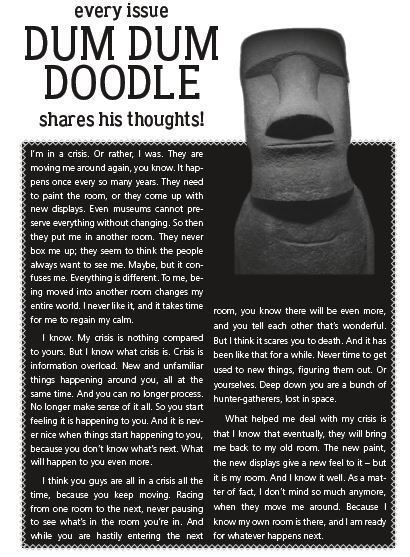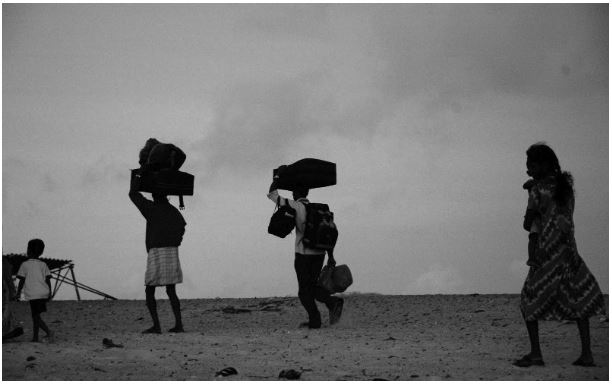Why do we seem unable to get out of this recession? The answers to this question lay in the naive assumptions that policy makers have about economics. Indeed, current policy makers appear to consider austerity, meaning the systematic cutting of public expenditure and increase in taxation in order to overcome budget deficits, as the most effective answer to the current economic meltdown. One of the most infamous example of government sponsored austerity are the policies promoted by the European Central Bank (ECB) in recent years. According to the economist Barry Eichengreen, tax increases and spending cuts (in other words, austerity) resulted in the draining of 1.5% to 2% Gross Domestic Product (GDP) worth of net public spending. Policy makers were aiming at major increases in investment, while this was absolutely not the case. What happened instead was a slowdown in Eurozone economic growth from -2% to -3% from 2011 to 2012, while debts skyrocketed reaching a 93.4% debt to GDP ratio.
The evident ineffectiveness of austerity measures resulted in the building of an actual anti-austerity front, including academics, politicians and social movements. Economic Nobel Prize winner Paul Krugman once compared the practice of austerity to the ancient medical believe that illnesses were to be cured by bleeding. In the same way bleeding resulted in the death of the patient, austerity measures would not solve recession but further it. Taxation depresses investment and cuts in public expenditures result in unemployment, thus prolonging economic stagnation. Moreover, taxation also results in a decrease in consumption. A lack of consumption and investment leads toward unemployment. Indeed, the cure provided to the sick European patient has not cured, but prolonged the illness.
What can be a practical response to Krugman’s diagnosis? The answer is the need for revolutionary economics. What is meant by that is a drastic change in both economic policy making and in the academic realm. In the academic world the sole concept of austerity is subjected to a harsh debate. Certain economists believe in its effectiveness, while others hold lines that are similar to Krugman’s. The current economic paradigm offers only a certain set of tools to policy makers, namely financial policies and monetary policies. Nevertheless, the academic world is slowly understanding the limitations of these current tools, as they are not necessarily the right nor the only ones. Revolutionizing economics would then mean to either shift the economic paradigm or to change the tools at the disposition of the policy makers. We currently observe that this phenomenon might already be taking place. High ranking economist are already proposing alternative tools for solving the economic meltdown which the western world is facing. Major economists, such as Joseph Stiglitz and Robert Skidelsky are now attempting to revive the legacy of John Maynard Keynes. As their intellectual father, they argue that the pathway to economic growth and prosperity is to foster public expenditure and encourage investment by lowering interests’ rates. Keynesian economics indeed argue that the major causes of recession is not debt but uncertainty, which prevents investments, creates unemployment and topples economic growth.
Regardless of the existence of such alternative visions, governments keep carrying out recessive austerity. Why is this the case? The problem lays within the fact that policy makers have been academically raised in the context of the neoclassical counter-revolution, which has academically undermined Keynesian economic and other critical schools of thoughts, placing the assumptions of the neoclassical a.k.a. neoliberal school into natural laws. One of those assumptions is that the only cure to an economic recession, such as the one we are facing, can be found in austerity. It is therefore necessary that this economic revolution first takes places within the academic realm. Only if academia, both teacher and students, question neoclassical assumptions and allow the integration of alternative theoretical frameworks within economic curriculums can we hope that future policymakers will not be constrained by the neoclassical theoretical (and ideological!) yoke and will consider new alternative solutions to the problems of our times. As Isaiah Berlin once remarked, only pluralism can stir human understanding; blind faith in a monistic value system can only discourage it and result in ignorance. It is in following this pluralistic spirit that this economic revolution should occur.
A healthy tree has many branches
By Cesare Vagge & Gaspard van der Woude (PINE UCM)





